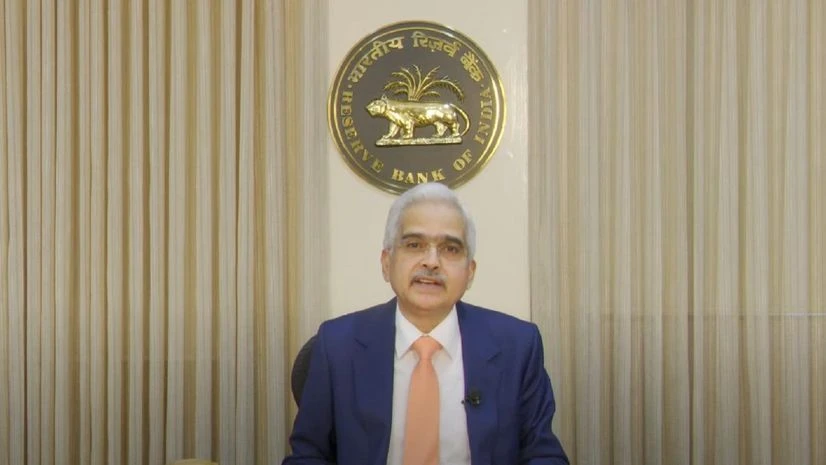In his first public comment after the central bank announced withdrawal of Rs 2,000 notes on Friday, Reserve Bank of India (RBI) governor Shaktikanta Das on Monday said its impact on the economy will be “very marginal” because it constitutes only 10.8 per cent of the currency in circulation.
“Rs 2,000 notes are not commonly used in any transaction. We have done some informal surveys in various locations of India and found that it is hardly used for carrying out transactions. Therefore, economic activities will not be impacted,” Das said. He was speaking to reporters on the sidelines of the board meeting of public sector banks.
However, he said he can’t comment on possible higher demand for gold and real estate as a result of RBI’s move as it would depend on the people.
Das said the central bank has more than adequate quantity of printed notes and the currency chests can meet any increased demand for lower denomination notes.
“Let me assure you we have more than adequate quantity of printed notes already available in the system, not just with the RBI but also at the currency chests operated by the banks. So, there is adequate stock available and there is no reason to worry whatsoever,” he said.
Also Read
He added, “The RBI, on a day-to-day basis, monitors the liquidity in the system, and we respond to it. Our repo operation last week was only to address the problems of such banks that didn’t have liquidity.”
Das said the withdrawal of the Rs 2,000 notes is a part of the currency management operation of the RBI.
“Even the circulation of Rs 2,000 notes has come down by about 50 per cent from its peak of Rs 6.73 trillion to Rs 3.62 trillion,” he added.
However, Das didn’t clarify how long the legal status of the high-value currency will continue beyond September 30.
“We expect most of the notes to come back. We will see how many notes come back. And, as we approach September 30, we will decide at that stage. I can’t give a speculative answer about what will happen after September 30. We have not said the legal tender is only till September 30,” he said.
Das said the RBI will remain sensitive, particularly to those living or travelling abroad. He said, “(There are) so many Indians living abroad or who have gone for a long foreign trip. There are elderly people, who visit their children in the US for six months. There are many Indian youngsters with H1B visas, who are working in the US and other places. There are many Indians who live abroad.”
He added, “The people who are abroad and within India, we will be sensitive to all the difficulties they face. We will study all the difficulties of those living abroad and we will find a solution. This is my assurance.”
The governor said RBI has not prescribed any additional procedure to banks for deposit of Rs 2,000 notes. “For exchanging currency notes or depositing in the account in cash, there is a set procedure under set guidelines. We have told banks to follow the existing mechanism,” he said.
Asked whether the large cash deposits will be part of RBI’s scrutiny or will there be a cash limit, Das said RBI does not scrutinise such deposits.
“Other agencies such as the income tax department will follow their normal procedure. It is for the other agencies to decide if cash deposits over Rs 50,000 are made. As you would know, there is a reporting system for banks,” he added.
On whether frequent note withdrawals will raise questions on credibility of India’s currency system, Das said the currency management system is very robust.
“Our exchange rate is among the least volatile compared to our peer countries. The rupee’s exchange rate against the dollar has remained stable despite the crisis in the international financial market created due to the war in Ukraine and the failure of certain banks in advanced economies. India’s market exchange rate of currency is very stable and the security features of the new Mahatma Gandhi series notes have not been breached. So, the integrity of our currency continues,” he added.
Asked whether the proposal to withdraw the currency came from the government or RBI, Das said these are internal processes and not valid for the public.

)
